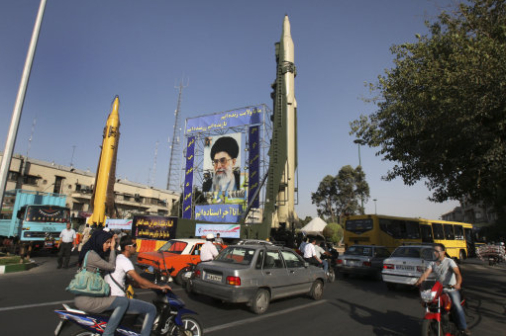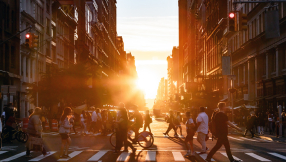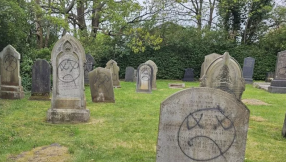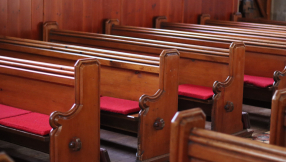
Further reports have emerged of Christians being violently tortured and beaten while serving prison sentences for their faith in Iran.
According to Christian Solidarity Worldwide (CSW), an international organisation campaigning for religious freedom worldwide, inmates Silas Rabbani and Amin Khaki have each experienced brutal treatment while being held captive by Iranian authorities.
Khaki was detained in Shoush, Iran on March 5, one of eight Christians who were arrested during a picnic. He was recently transferred to Ahwaz Prison on 7 May where he says he has been violently beaten.
Rabbani, who is connected to the same church in Karaj as Khaki, was arrested and detained by intelligence agents on 5 May. An associate pastor with a wife and two children, Rabbani is currently being held in Gohardasht prison. He has reported being tortured by his guards and according to International Christian Concern, Rabbini also told his wife that he was beaten during interrogation.
Pastor Saeed Abedini, an American-Iranian pastor who is well over a year into an eight-year sentence for 'threatening the security of the state', has also reported receiving brutal treatment and recently spent his 34<sup>th birthday in prison.
Iran has a long history of human rights abuses and laws allow the persecution of minority communities such as Baha'i Muslims, who have been condemned by Iranian authorities as an "illegal cult".
Many leaders of the small faith community have received harsh prison sentences of up to 20 years for practising their beliefs, and one member was shot in the head on the outskirts of Bandar Abbas in August last year. In February, a well-known Baha'i family were physically attacked in their home.
"We are extremely concerned by recent reports of Iranian prison authorities using excessive violence against prisoners," said CSW chief executive Mervyn Thomas.
"We urge the Iranian authorities to refrain from any form of torture or violence, which violates their obligations under article 7 of the International Covenant on Civil and Political Rights (ICCPR), which prohibits torture, and cruel inhuman and degrading treatment, and article 10, which states that prisoners should be treated with humanity and respect for their inherent human dignity."
In addition, CSW also reports that Iranian Revolutionary Guards are currently illegally excavating a historic Baha'i cemetery in Shiraz, supposedly to create space for a business centre and care park.
This activity has been denounced as "morally outrageous" by the Provincial Representative of the Baha'i International Community to the UN, Ms Bani Dugal.
"Given the historic character of this ground, where some 950 Baha'is are buried, including ten women who were hanged in 1983 for their refusal to recant their Baha'i belief, this continuing action is not only illegal but morally outrageous," she says.
Mr Thomas added: "We also call for an immediate halt to the illegal demolition of the Baha'i cemetery. This lamentable act not only violates the right to freedom of religion and belief, but is a reprehensible destruction of cultural heritage.
"CSW calls on the Iranian government to intervene in this case as a matter of urgency in order to ensure the preservation of this historic site."













